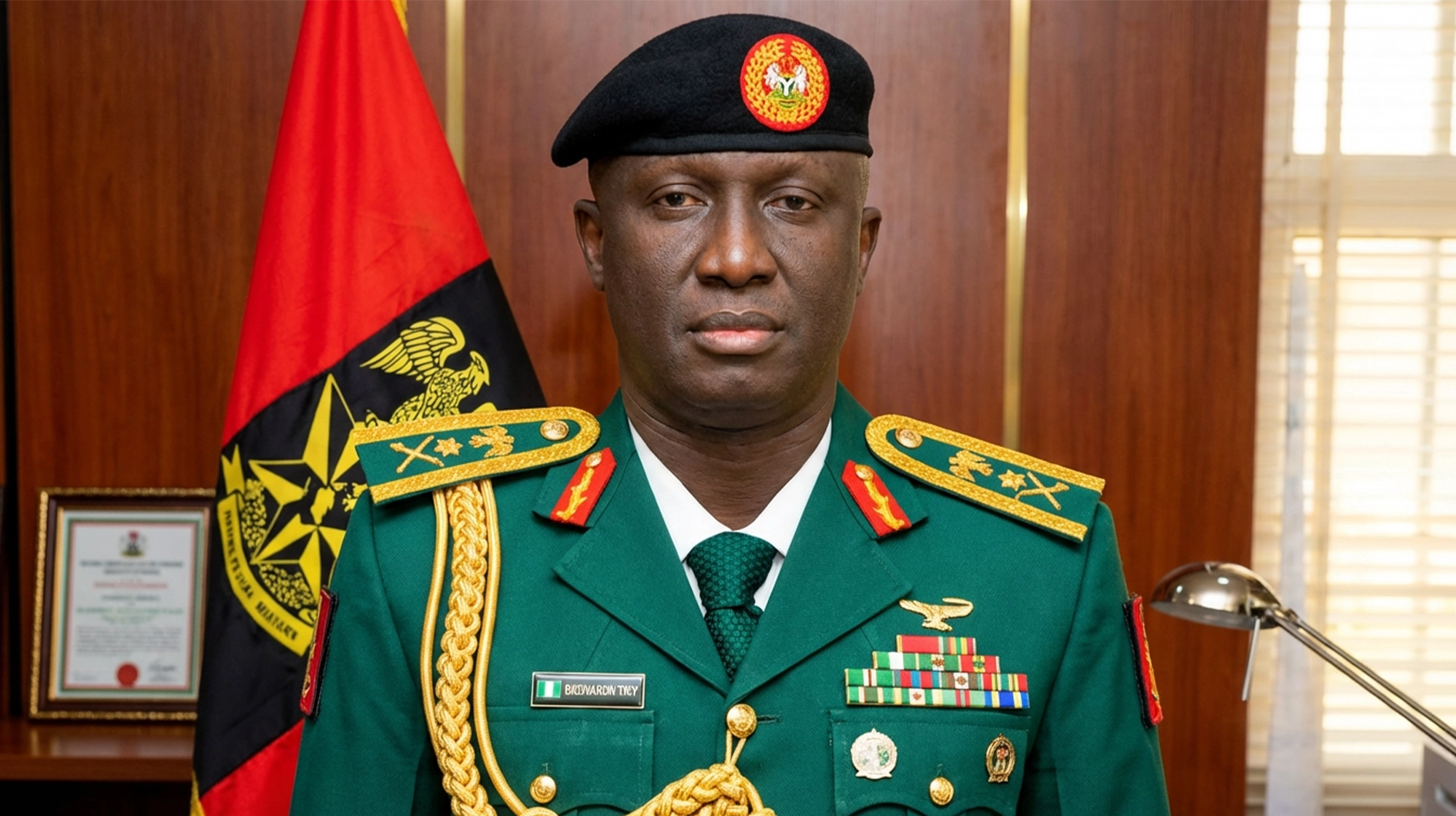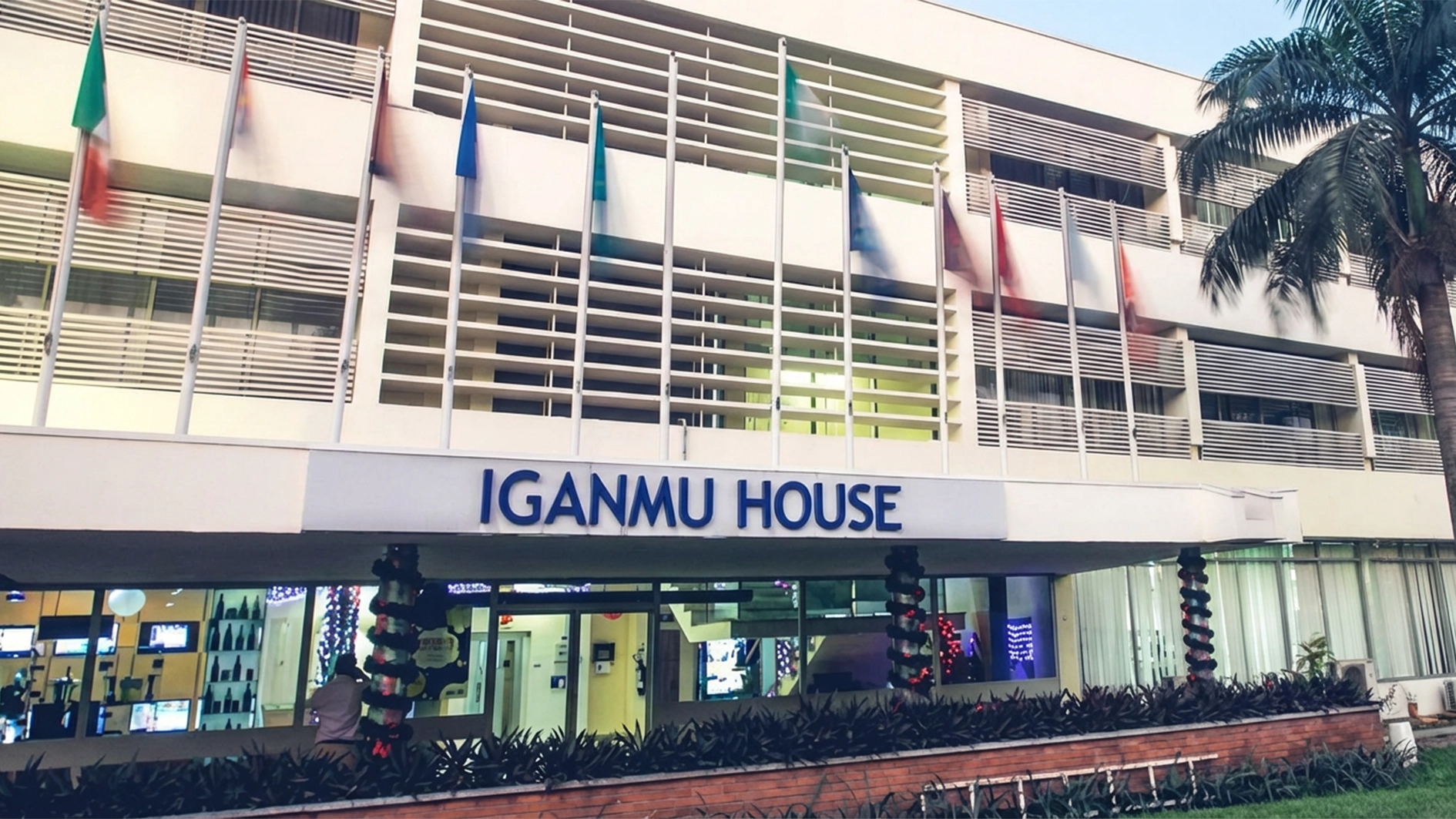Japa: We can’t find doctors to recruit, Kwara govt cries out
The International Organisation for Migration (IOM) has called for better protection of migrants for sustained economic growth and development. However, the Kwara State government has lamented the scarcity of medical doctors in the state’s health facilities as a result of the brain drain christened ‘Japa’ syndrome.
IOM Chief of Mission, Nigeria, Sharon Dimanche, stated this at a workshop on the validation of the National Migration Policy and Integrated Implementation Plan with the theme, ‘Strengthening Fact-Base and Data-Driven Migration Governance and Management in Nigeria’, organised by the National Commission for Refugees, Migrants and Internally Displaced Persons (NCFMI) and the Migration Multi-Partner Trust Fund, yesterday, in Abuja.
She said: “In Nigeria, with over 216 million people, internal and international migration are growing in complexity driven by economic aspirations, environmental challenges, insecurity and the desire for social mobility, we see this in the increase of rural-to-urban migration, the rise of the ‘Japa’ phenomenon, and the waves of conflict, as well as climate-induced displacement.
“We also see it in the ever-growing volume of remittances, which in 2023, amounted to a staggering $19.5 billion; money that sustains families and contributes to the country’s development.”
Calling for safe, orderly and regular migration, Dimanche stressed that data revealed that Nigeria “is not just a country of origin for migrants; it is a key destination and transit hub in a growing number of West Africans, and these complex dynamics highlight the critical need for comprehensive and forward-thinking migration governance.”
According to her, the ‘Revised National Migration Policy and its Integrated Implementation Plan (IIP) and the Global Compact for Safe, Orderly and Regular Migration (GCM)’, as well as the ‘Migration Policy Framework for Africa, the ECOWAS Free Movement Protocol’, reflect a careful alignment with global frameworks, including the Sustainable Development Goals (SDGs).
“This policy is not just a theoretical framework; it has been shaped by data, including findings from Nigeria’s Voluntary GCM Reviews, the Migration Governance Indicators, and national assessments.
Chairperson of the Nigeria Diaspora Commission (NiDCOM), Abike Dabiri-Erewa, observed that Nigeria’s foreign remittances continued to grow in the last few years as more migrants bring home the fruits of their labour. She noted: “As a commission, our role is to get the best of our Diaspora and reduce irregular migration. As our foreign and international remittances continue to grow, we must continue to create more awareness on the dangers of irregular migration, which is closely related to human trafficking.”
SPEAKING, yesterday at the 2025 first quarter inter-ministerial press briefing organised by the Ministry of Communication, in Ilorin, the Executive Secretary, Kwara Hospital Management Board, Dr AbdulRaheem AbdulMalik, explained that the board could not recruit medical doctors, despite approval by Governor AbdulRahman AbdulRazaq.
He said: “We have approval from His Excellency to recruit doctors, but we can’t just find the doctors to recruit. Doctors are hotcakes now. If a doctor resigns in the morning, he will get another job in the afternoon.”
AbdulMalik, who said the state government presently had 99 against the required 180 to 200 medical personnel, added: “The three medical doctors that left the service returned after the recent increase in doctors’ salary.”






